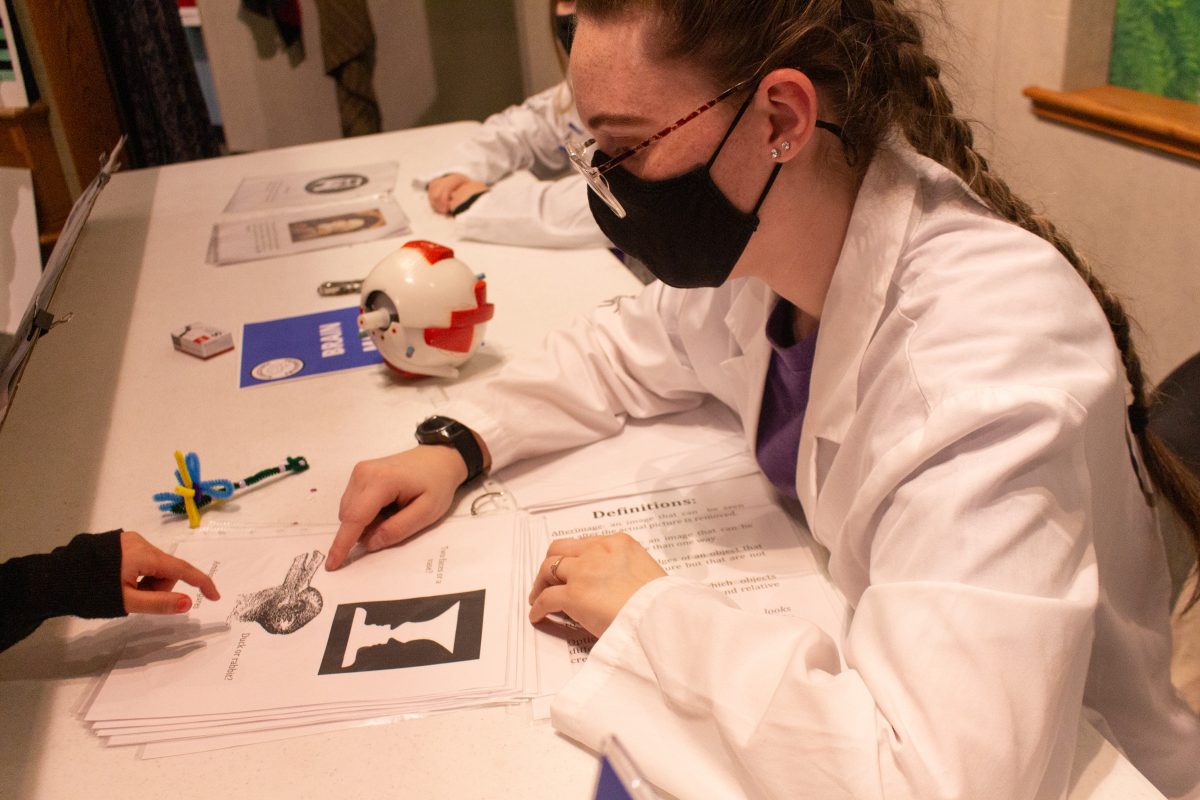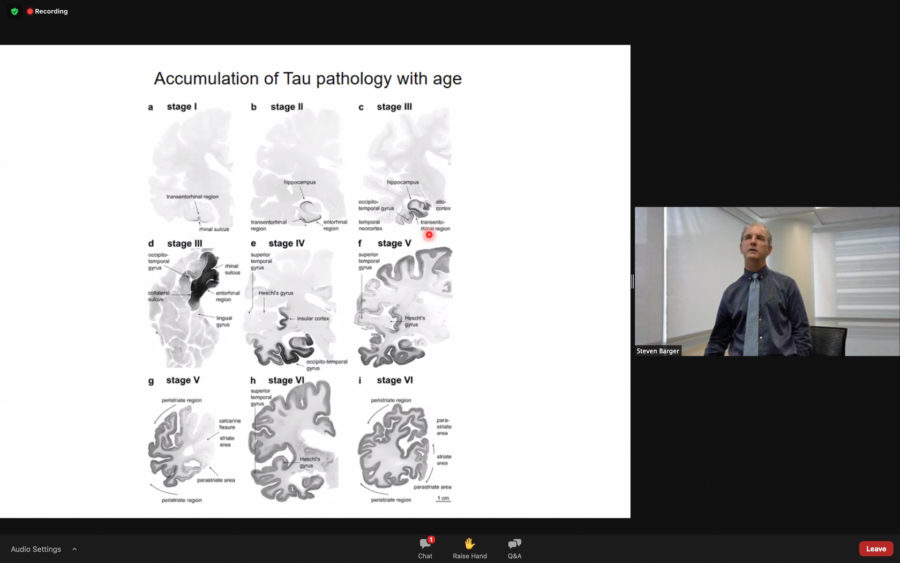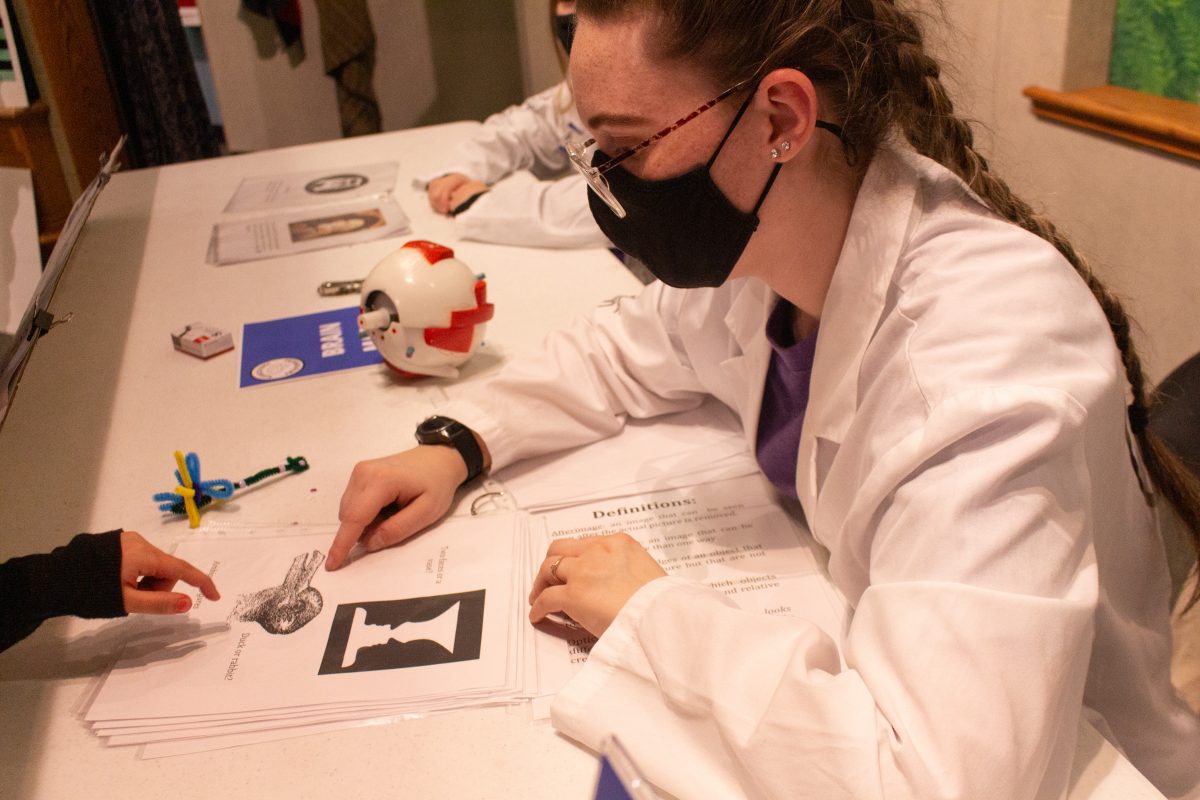
WSU Neuroscience Program hosts Brain Awareness Week
Saria Harris, Reporter
• March 19, 2024
The building blocks of the brain
Lexie Andrew
• March 13, 2022
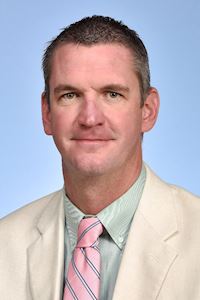
More than a character flaw: The science behind addiction
Rebecca Baggett
• November 1, 2021
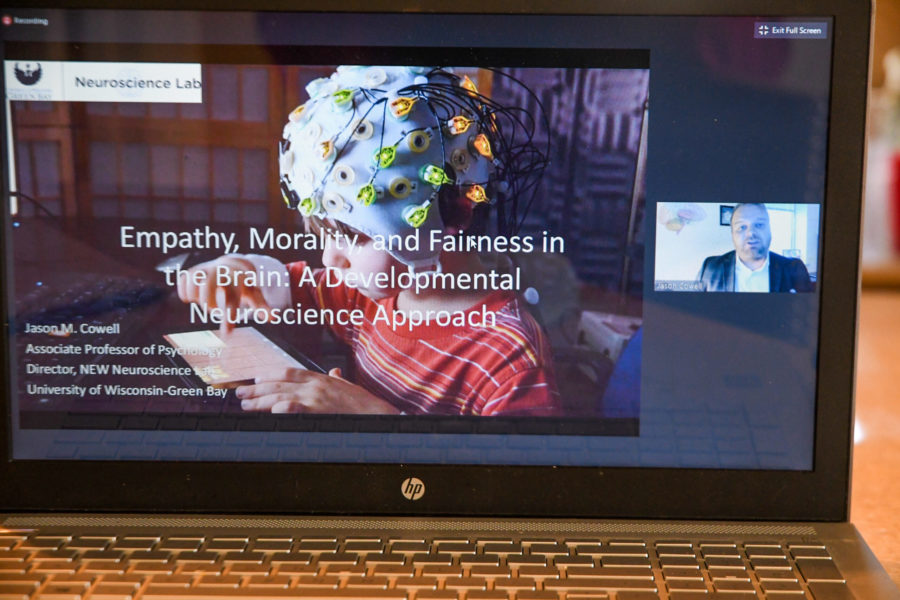
Exploring morality and fairness through the minds of children
Lissete Landaverde
• November 23, 2020
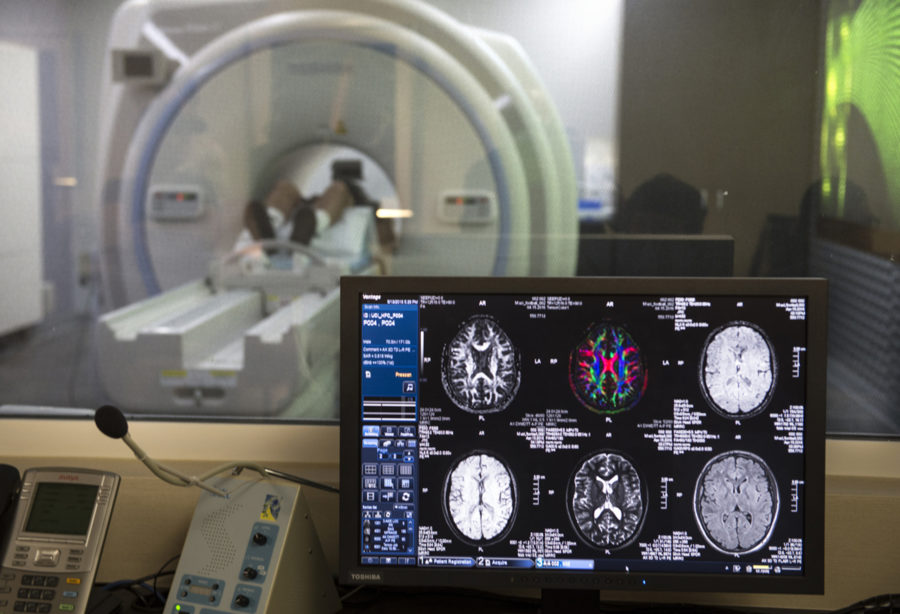
Let’s play brain games
Hannah Olsen
• March 13, 2019
Mental illness isn’t invisible, it just takes a harder look
Miranda Spaulding
• December 6, 2018
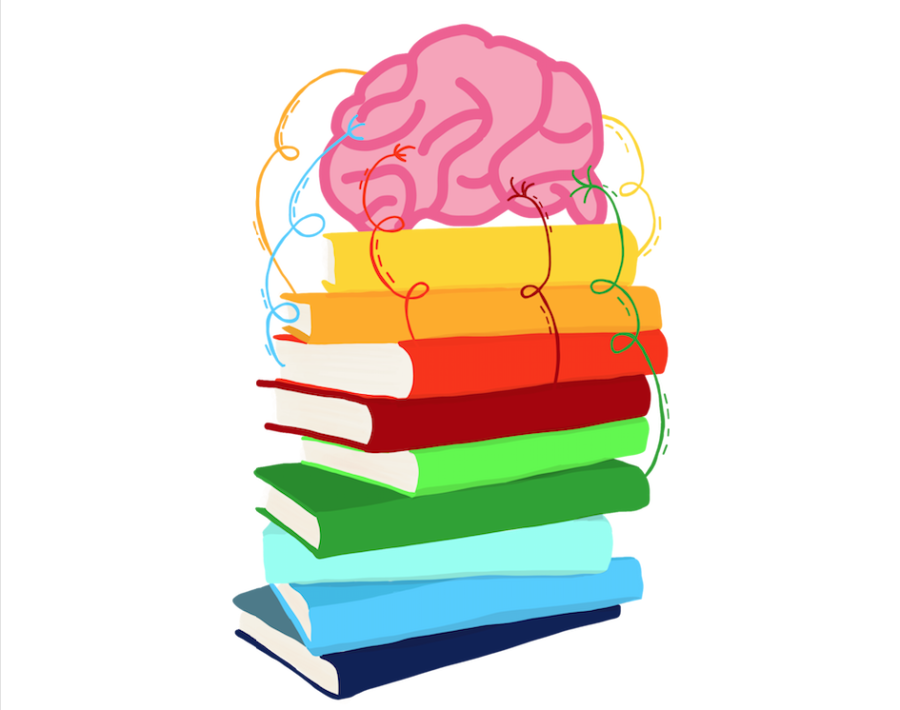
Storytelling: Changing the world one brain at a time
Zac Watts
• November 9, 2017
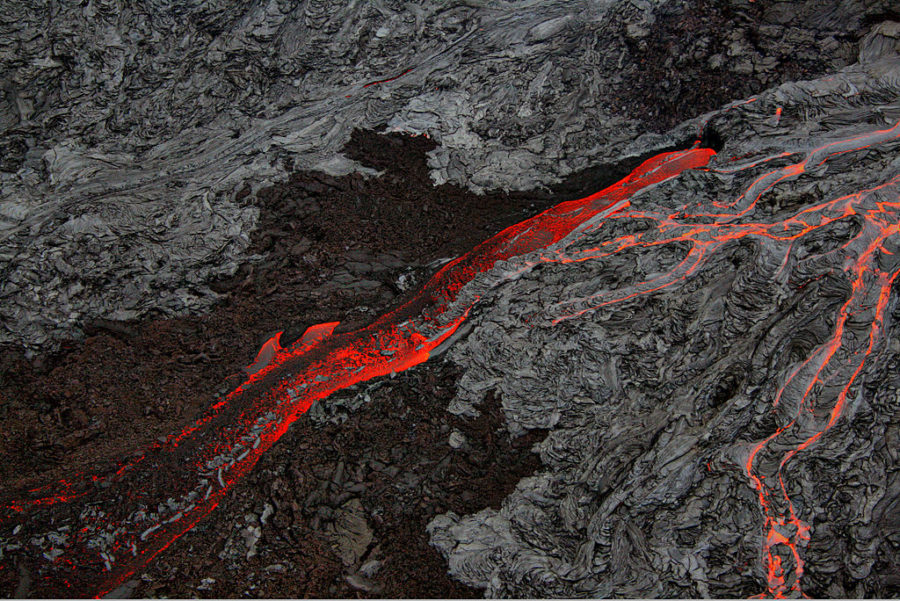
I think I remember the end of the world
Cole Eckhardt
• March 2, 2017
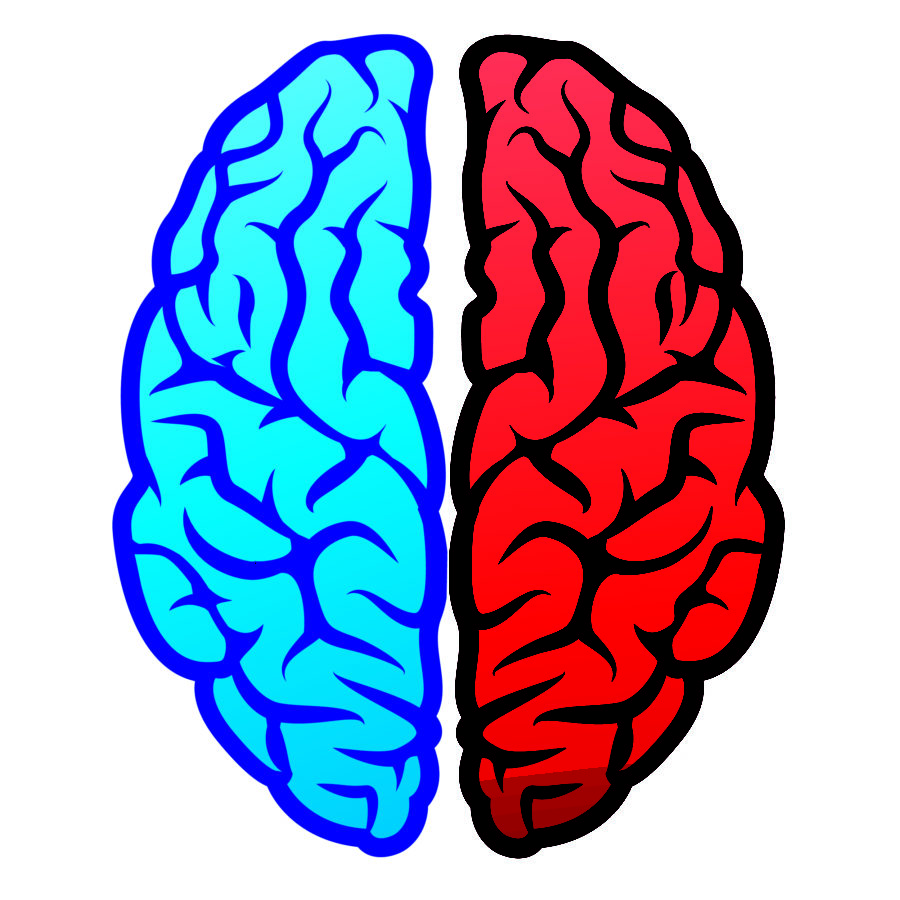
Science Weekly: Political beliefs bound in brain physiology
Kellie Plumhof
• January 24, 2017

This is your brain on bingeing
Kellie Plumhof
• July 11, 2016
Load More Stories


